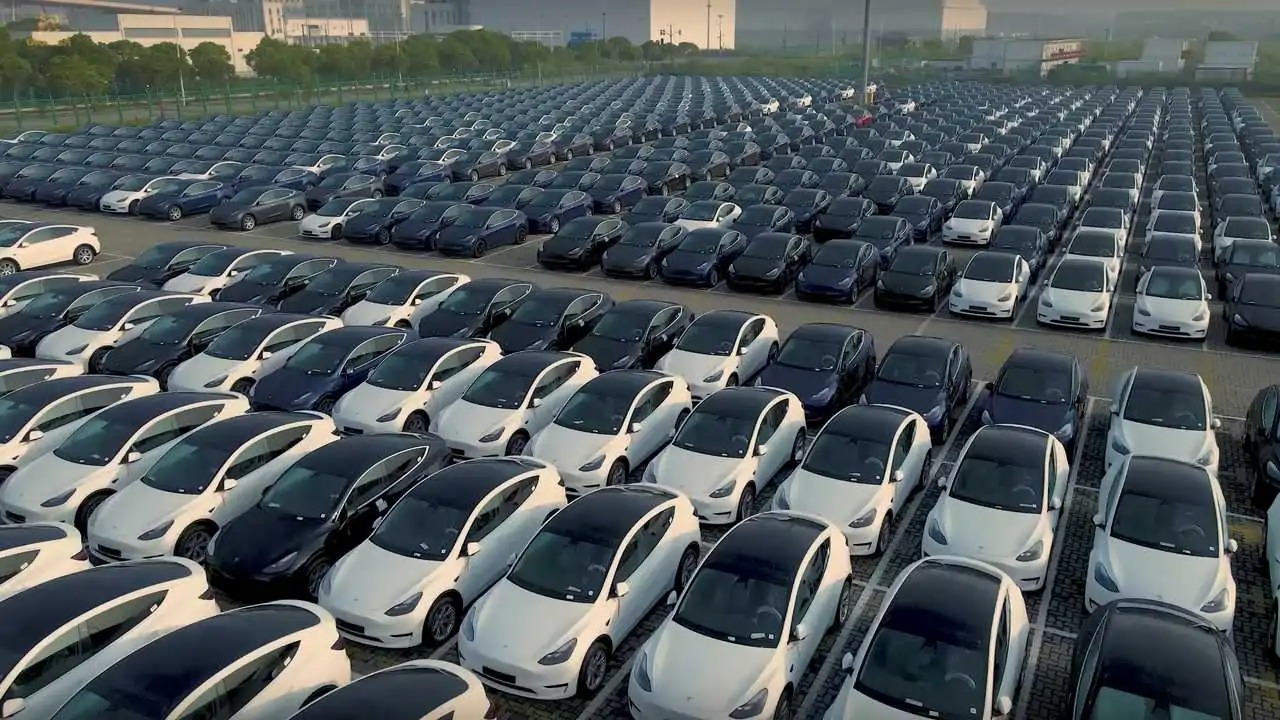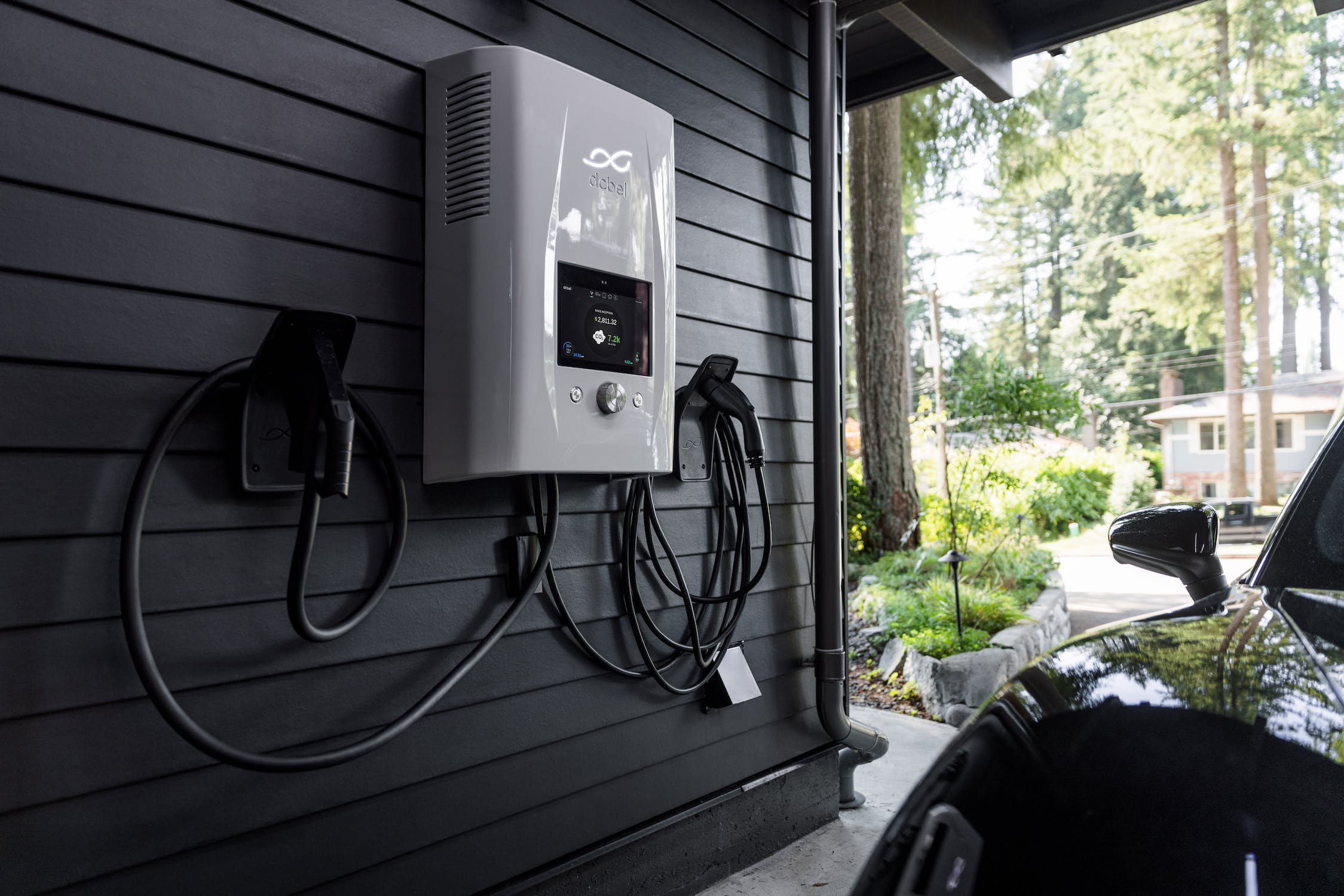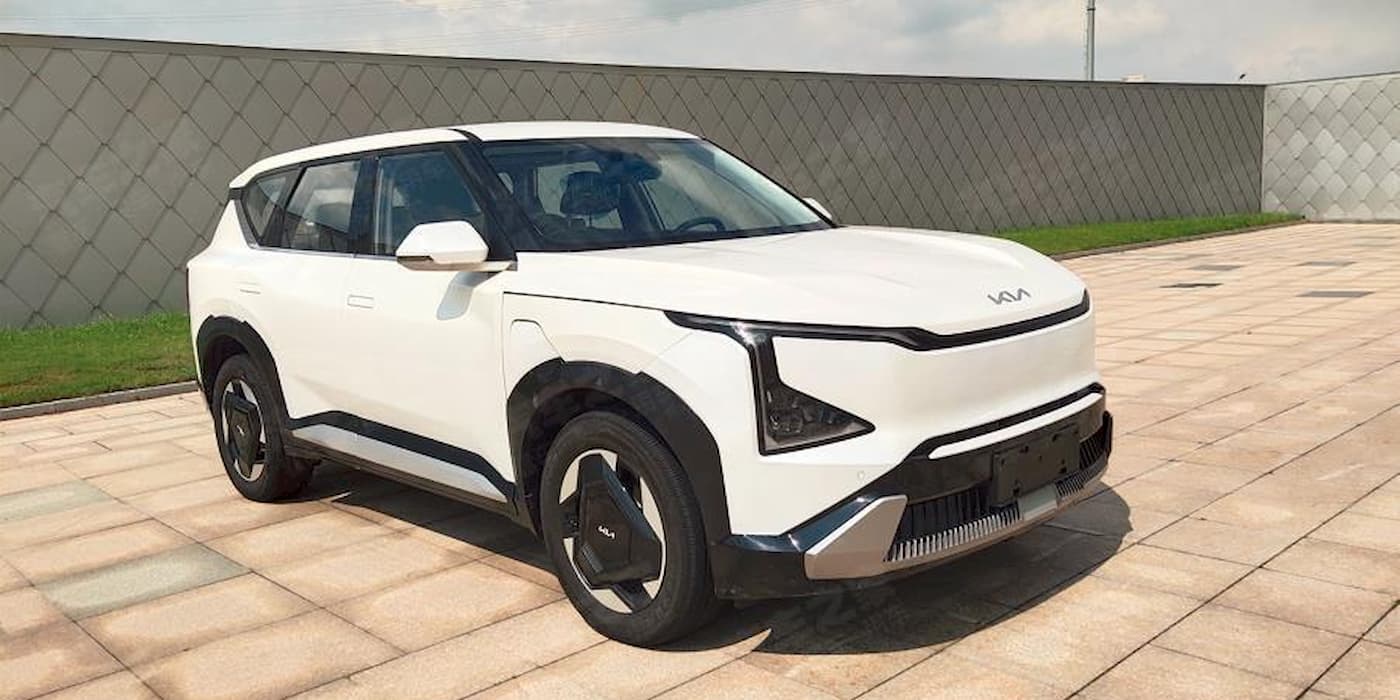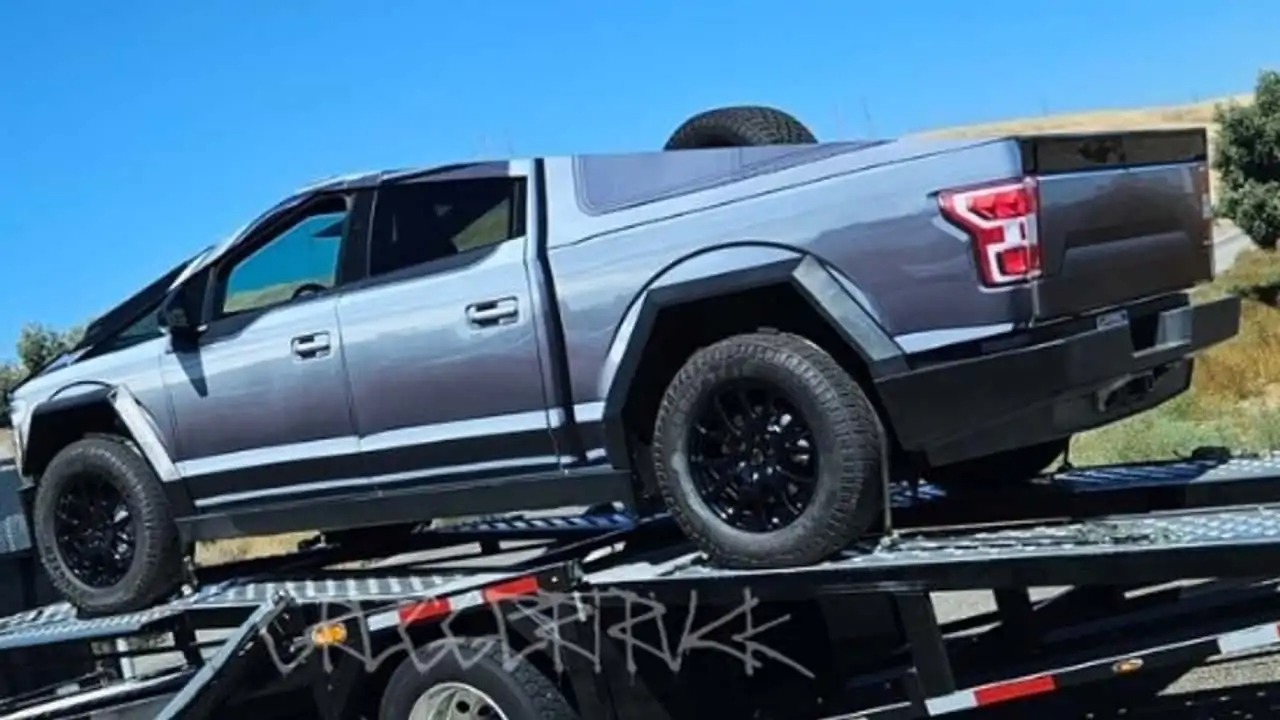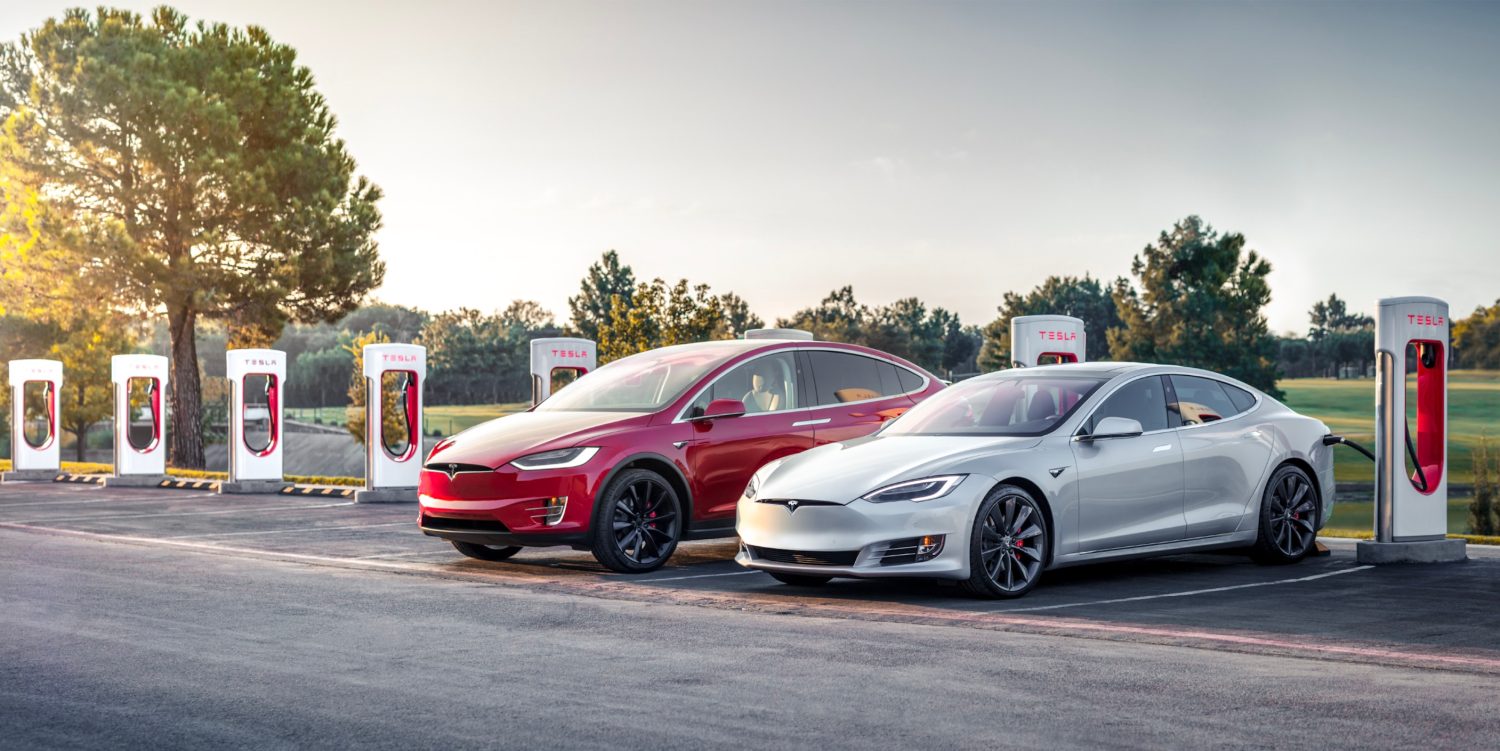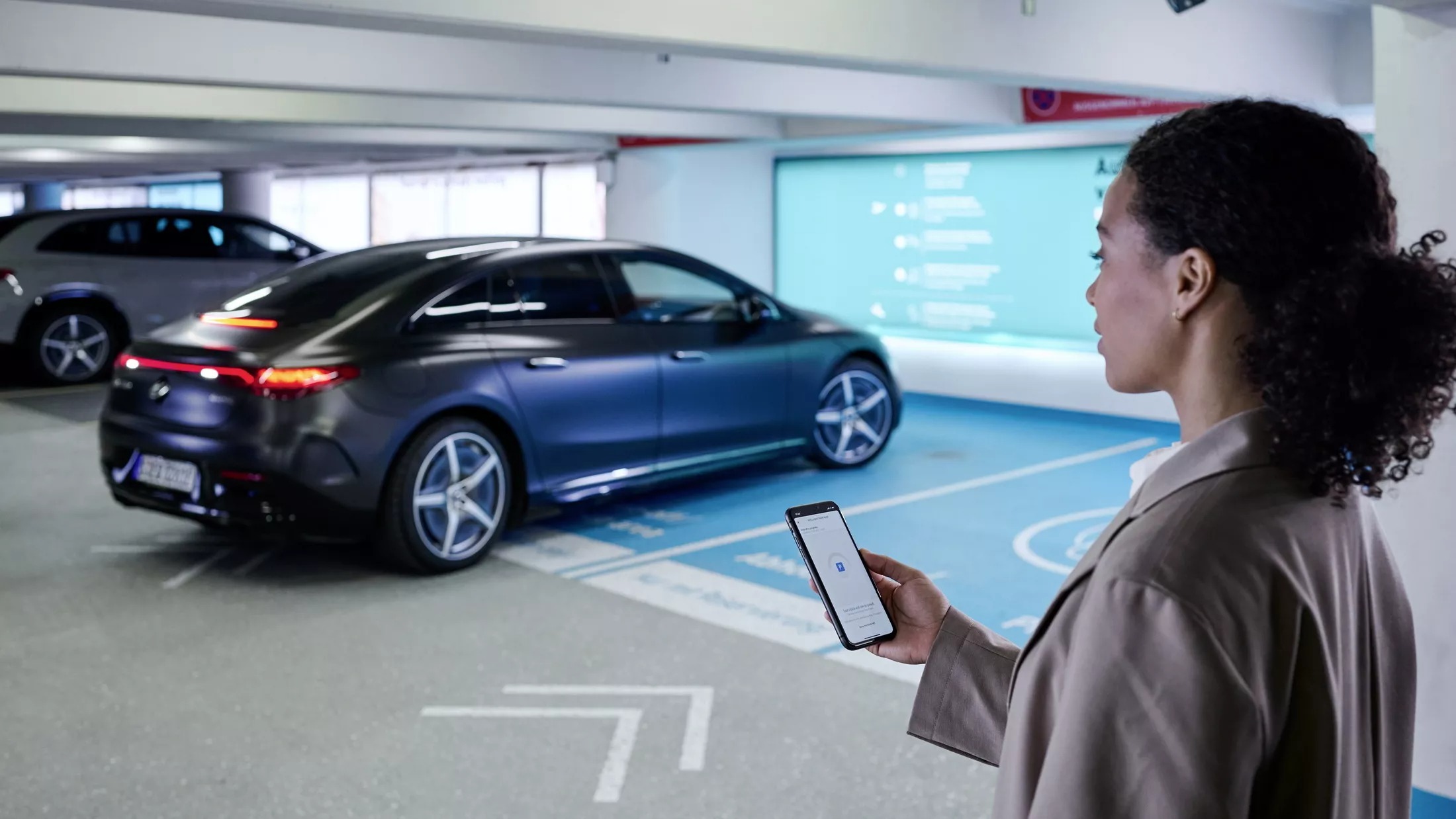As electric vehicles (EVs) continue to capture attention within the automotive industry, recent data on their sales and inventory trends has ignited discussions about the state of their demand. In an intricate interplay of factors, the narrative surrounding EVs’ cooling demand might be more nuanced than initially perceived.
“Notably, the juxtaposition of the volume of EVs sold and their representation within available inventory in 2023 provides an intriguing perspective,” says Tyson Jominy, Vice President of Data and Analytics at JD Power. While 8.6 percent of vehicles sold this year have been all-electric, they constitute merely 6.7 percent of the overall available inventory. This dichotomy raises questions about the apparent cooling demand, which experts believe is far from conclusive.
Tyson Jominy further emphasizes, “The notion of dwindling EV demand lacks factual basis. The current data peculiarities stem from the unique circumstances prevailing at this moment.”
The ongoing pandemic has cast a unique shadow on supply metrics across industries, and the automotive sector is no exception. As automakers regain their production momentum, the impact on the days’ supply metric for EVs becomes amplified. “This scenario is particularly true for newly launched vehicles, where low initial sales and increasing inventory result in seemingly elevated days’ supply numbers,” explains Jim Cain, a spokesperson from GM. He adds, “This situation could further mislead observers if a significant portion of the inventory is still in transit to dealerships and not readily available for purchase.”
Managing the transition towards greater EV adoption introduces additional complexity. Geographical disparities in EV adoption rates mean that dealers must navigate uneven growth trajectories. Stephen Gilchrist, a dealer operator with a substantial presence across Texas, underscores this challenge, stating, “We are in the infancy of this EV era. You’re going to have some stops and starts as you gain higher adoption rates.” He dispels the notion that universal EV adoption will be swift, highlighting that setbacks and accelerations are to be expected.
Mike Sullivan, the owner of the LACarGuy network of dealerships, contributes his perspective to the ongoing discourse. “I have no question of where we’re going,” he said. “It’s just the pace of when we get there.”
As the industry navigates this pivotal juncture, it is evident that the journey towards an electrified future is steadfast. The pace of this evolution, however, is a factor that continues to unfold.

